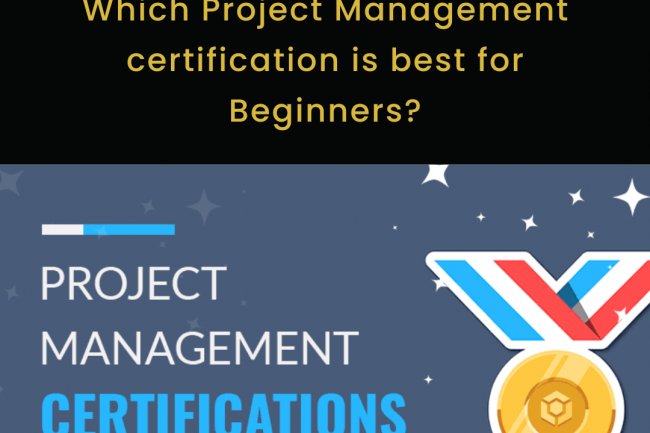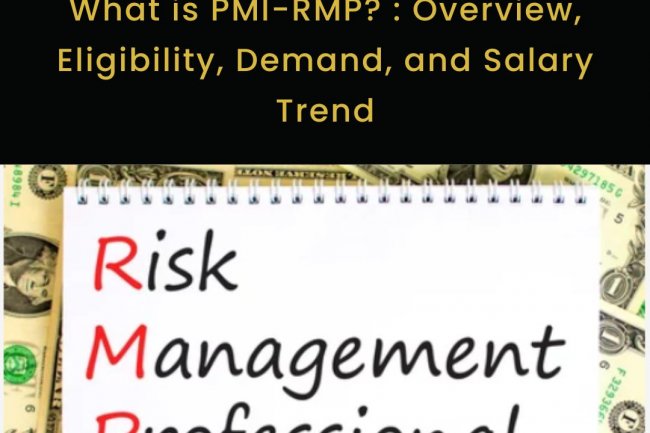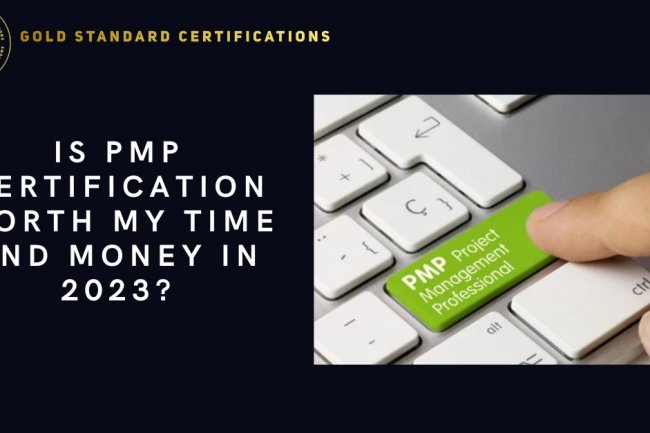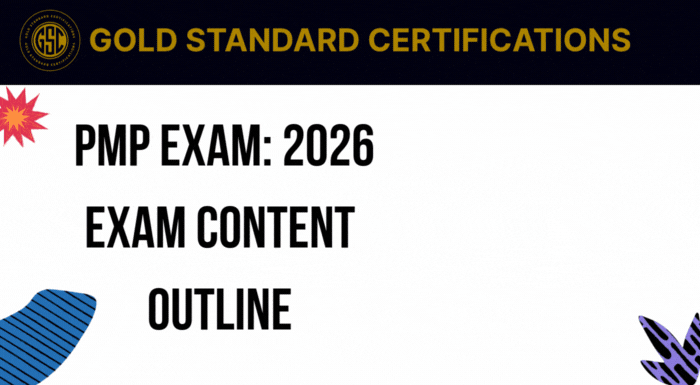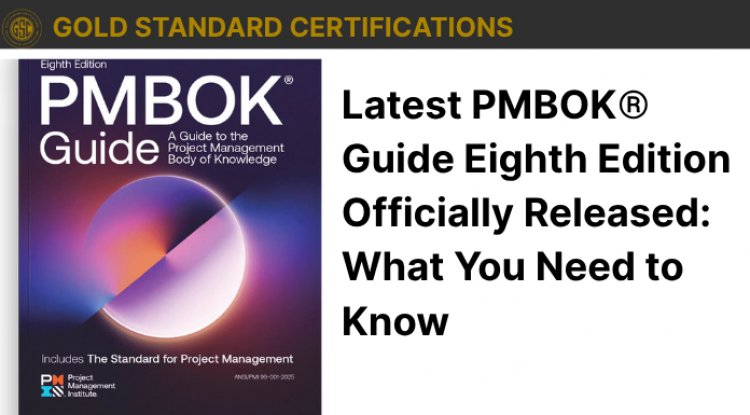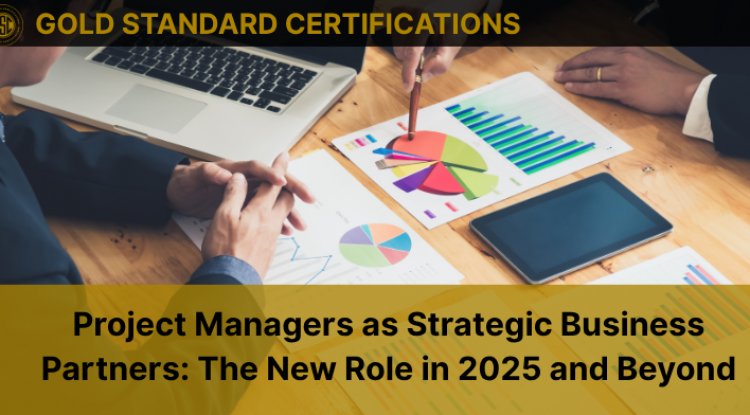Transition to Project Management Career Without Experience
Looking to start a project management career in 2025 with no experience? Discover proven steps—certifications, tools, mentorship, and portfolio building—to land your first PM role.
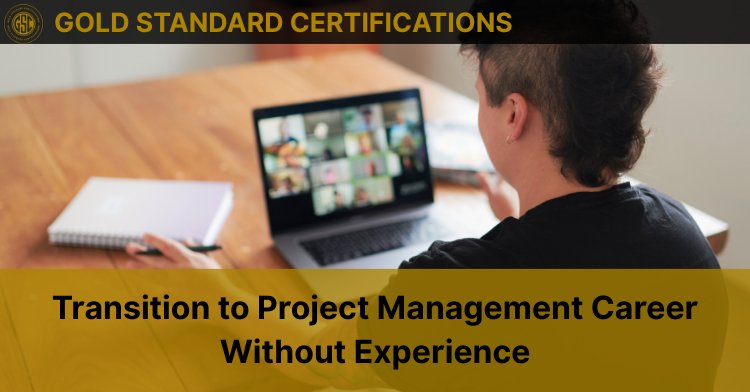
Introduction
Dreaming of a project management career but don’t yet have prior experience? You’re not alone—PM roles remain among the top-growing and most resilient in today’s job market. Demand for skilled project professionals continues to rise as organizations embrace agile, hybrid, and digital-first strategies.
The best part? You don’t necessarily need years of direct project experience to break into the field. Employers are increasingly valuing skills, adaptability, and leadership potential—meaning with the right approach, training, and mindset, you can land your first PM role in 2025.
Here’s your step-by-step roadmap to help you transition into project management without prior experience—while building credibility, practical skills, and a professional network.
1. Understand the Project Management Landscape
Project managers are responsible for planning, executing, and delivering projects on time, within scope, and on budget. They coordinate teams, manage risks, and ensure stakeholder satisfaction.
PM careers span multiple industries—IT, construction, marketing, healthcare, and more. Salaries are competitive, often exceeding $90,000 annually in North America, and growth opportunities include senior PM, program manager, and portfolio manager roles.
The field rewards organization, leadership, and adaptability—qualities you may already have from other careers.
2. Earn an Industry-Recognized Certification
Certifications give you a competitive edge, especially when you lack formal PM experience. Popular entry-level and mid-tier credentials include:
-
CAPM® (Certified Associate in Project Management) – Perfect for newcomers. Requires a secondary diploma and 23 hours of PM education. Covers foundational PMBOK® Guide concepts.
-
Project Management Fundamentals Training– Focuses on practical skills for entry-level PM roles.
Choosing the right certification depends on your target industry and methodology preference—Agile, Waterfall, or hybrid.
3. Learn Popular Project Management Tools
Mastering modern PM tools shows you can handle the practical side of the role from day one. Start with:
-
Trello or Asana for task and Kanban board management
-
Microsoft Project for traditional scheduling
-
Slack for team communication
-
Jira for Agile and Scrum project tracking
You can learn these tools through free trials, online tutorials, or as part of certification training.
4. Gain Real-World Experience Without a PM Title
You don’t have to wait for an official “Project Manager” title to start managing projects. Instead:
-
Volunteer to lead initiatives at your current job, community group, or nonprofit.
-
Apply for PM-adjacent roles like Project Coordinator, Junior PM, or Operations Assistant.
-
Take freelance or contract opportunities for small projects to build case studies.
Document these experiences with measurable results to include in your portfolio and resume.
5. Build a Strong Project Management Portfolio
Your portfolio is proof of your skills in action. Include:
-
A short bio highlighting your career transition story
-
Descriptions of projects you’ve managed or contributed to
-
Project outcomes—cost savings, time efficiencies, or quality improvements
-
Tools and methodologies used
Format your portfolio as a professional PDF or a personal website you can link in applications.
6. Find a Mentor and Network Strategically
A mentor can help you avoid common mistakes, stay motivated, and open doors to opportunities. You can find mentors by:
-
Joining local PMI® chapters or Agile meetups
-
Connecting with experienced PMs on LinkedIn
-
Attending PM workshops, conferences, or webinars
Networking can also lead to referrals, which are one of the fastest ways to land interviews.
7. Develop Key Soft Skills
In addition to technical knowledge, employers value:
-
Communication – for delivering clear updates to stakeholders
-
Leadership – to inspire and guide teams
-
Adaptability – for responding to changes quickly
-
Problem-Solving – for overcoming project challenges
-
Time Management – for meeting deadlines consistently
Soft skills are transferable from any industry and can often outweigh technical gaps in the early stages of your PM career.
8. Optimize Your Resume and LinkedIn Profile
Make sure your application materials are PM-focused:
-
Use action verbs like led, implemented, coordinated, delivered
-
Highlight achievements over duties
-
Include PM tools, certifications, and training in a dedicated skills section
-
Use relevant keywords to pass Applicant Tracking Systems (ATS)
On LinkedIn, showcase your certifications, share PM-related posts, and join industry groups to stay visible.
9. Apply Strategically to Entry-Level Roles
When applying for jobs:
-
Target positions like Project Coordinator, Assistant Project Manager, or Implementation Specialist.
-
Customize your resume for each application.
-
Emphasize transferable skills from previous roles—budgeting, scheduling, vendor coordination, or client communication.
10. Commit to Ongoing Learning
Project management is a continuously evolving field. Stay ahead by:
-
Attending workshops and webinars
-
Reading industry blogs and publications
-
Learning about emerging methodologies like hybrid project management
-
Pursuing advanced certifications like PMP® once you have the required experience
Conclusion
Breaking into project management without prior experience is absolutely possible with the right approach. By gaining relevant certifications, mastering industry tools, building a portfolio, and networking effectively, you can position yourself as a capable and confident PM candidate.
If you’re ready to fast-track your transition, Gold Standard Certifications offers industry-leading training programs to help you earn your credentials and prepare for real-world PM success.
